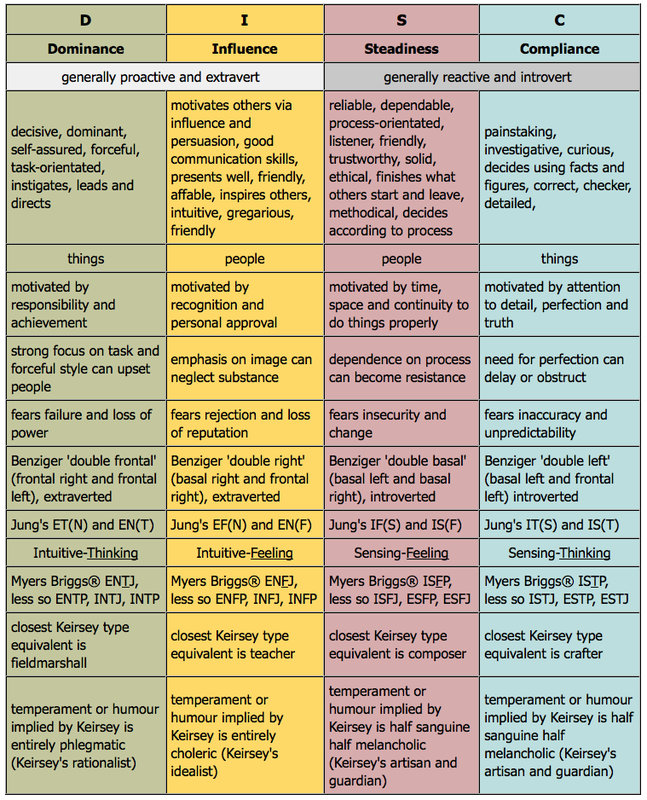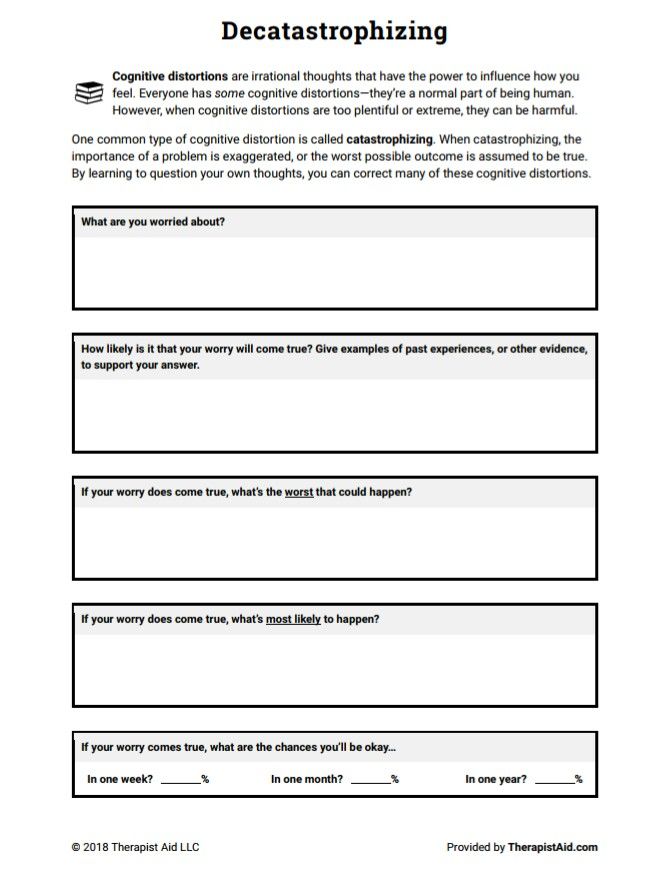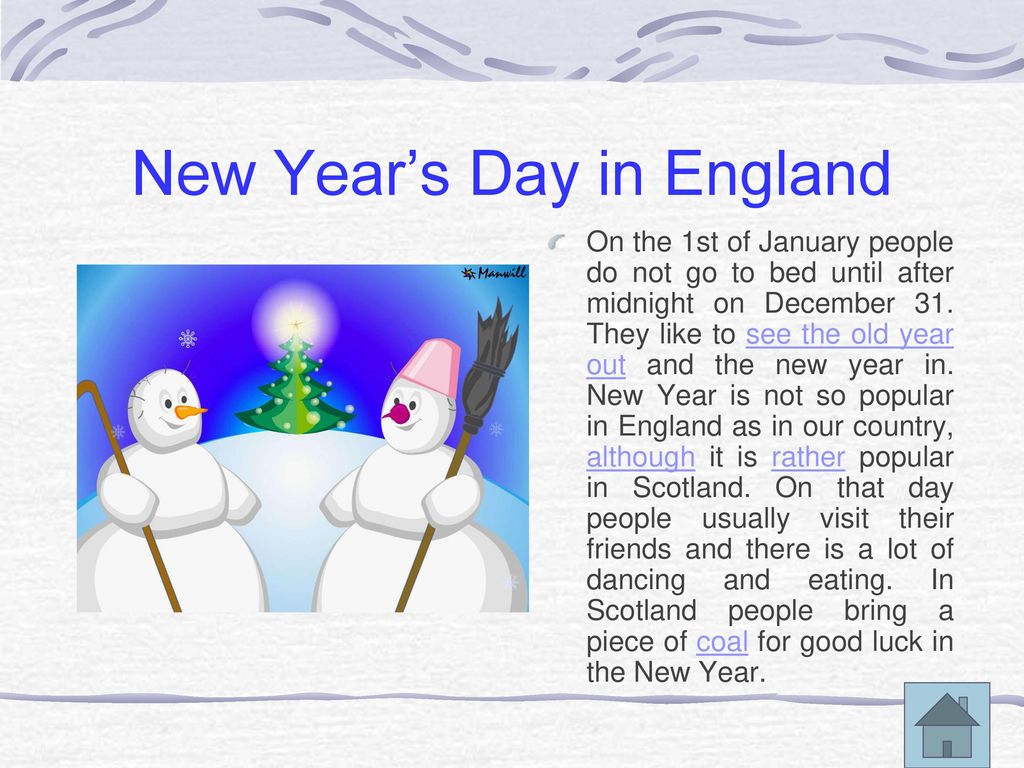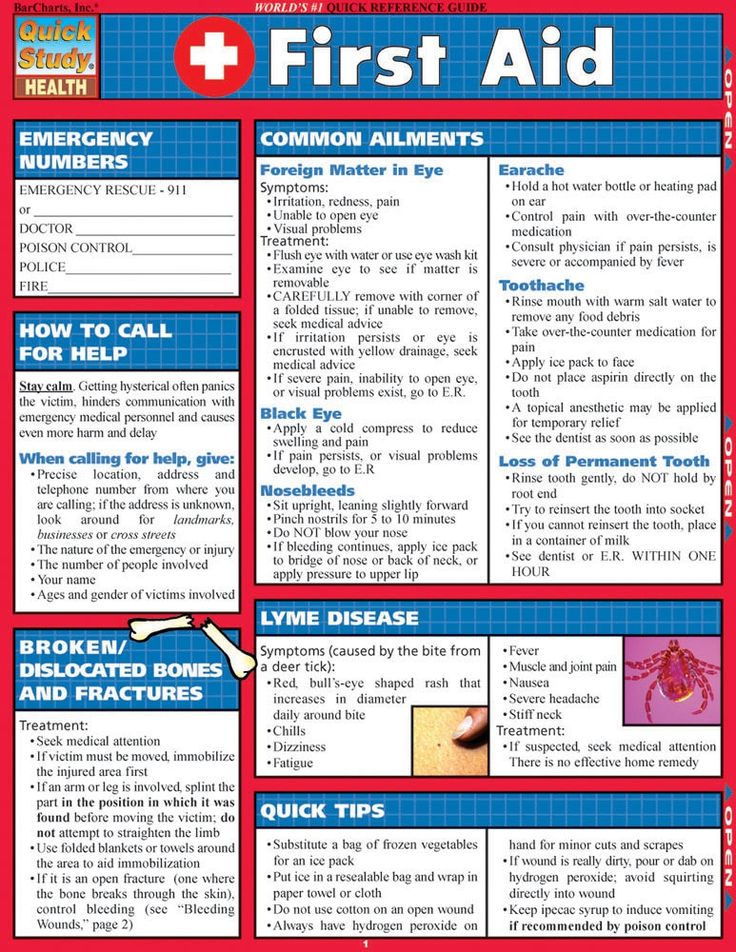Social awkwardness test
Am I awkward? - Test Your Social Awkwardness
Advertisements
Natalie Watkins, M.ScLast updated August 10, 2022
“I find it hard to talk to people. The things that I say aren’t really things people say. How do I know if I’m awkward?”
In the quiz below, you’ll learn if you are socially awkward and get several ideas for how to stop being awkward.
Many people worry about whether they come across as socially awkward, particularly in conversations with people they don’t know well. Our mistakes feel like they are occurring under a spotlight, an effect so strong that psychologists refer to this as the Spotlight Effect [1].
Advertisement
Consider online therapy
Online therapy allows you to speak to a licensed therapist in the comfort of your home.
BetterHelp offers support via phone or video at $64 per week.
Use the link below to get 20% off your first month at BetterHelp + a $50 coupon valid for any SocialSelf course. To receive your $50 SocialSelf coupon, sign up for BetterHelp using the link below. Email the order confirmation to SocialSelf to get your unique coupon code.
Click here to learn more
It can be hard to know whether you appear awkward to others, especially if you have Aspergers or social anxiety. To help with this, in this test we are going to look at objective observations that you can use as a guide as to whether you may be socially awkward, and ways to deal with this if you are. Also, see our main article on why you might be awkward.
Advertisements
It’s important to remember that socially awkward behavior isn’t necessarily a personality trait.
I’ve felt socially awkward in more situations than I can count. The methods here are about learning new social skills, rather than having to change who you are.
Sections
- Part 1: Inner monologue
- Part 2: Body language
- Part 3: Conversational topics and content
- Part 4: Conversations with groups
Awkwardness Quiz
Part 1: Inner monologue
Our inner monologue is the series of thoughts and beliefs about ourselves and the world that we tell ourselves constantly. If you believe yourself to be socially awkward, your inner monologue may be an inner critic, telling you things that are objectively untrue or that are unhelpful.
Being alert to what we tell ourselves is a fundamental part of cognitive-behavioral therapy (CBT)[2] and is one way in which you can influence how you feel about social situations.
Do you worry about how you are going to be received in a social setting?
Do you spend more time thinking about what the other person thinks about you than you do about what they’re saying?
Do you analyze the conversation for signs of dislike afterward?
Part 2: Body language
Although science regarding the role of body language is complicated,
7 we know that a large proportion of our communication is through our body language. Understanding the subtle cues contained within how we stand or move can help you to be aware of how others are feeling and also of what you may be ‘saying’ to others.
Understanding the subtle cues contained within how we stand or move can help you to be aware of how others are feeling and also of what you may be ‘saying’ to others.
Do you find that people move closer/further away from you during a conversation?
Do you find yourself looking at the floor or away from the person you are talking to?
Do other people avoid making eye contact with you?
Do you turn your body away from the person you are talking to, or cover your body with your arms?
Can you feel your muscles are tense during conversations, especially around your face?
Part 3: Conversational topics and content
Everyone says the wrong thing from time to time. In most cases, it is a single slip-up and easily corrected with a candid apology. If you notice a pattern of awkward moments during conversations, it may be worth thinking about your choice of language or topics of conversation.
Do you find yourself having to explain jokes you have made?
Do you find yourself having to explain references (pop culture, science or literature, for example) you have made?
Do you find yourself wishing that you hadn’t used particular words or phrases after you have said them?
Do people change the topic of conversation or leave long silences after you have spoken?
Do you go back to a previous topic of conversation because you hadn’t found a space to make your comments before the conversation moved on?
Do you struggle to think of something to say, especially during a silence?
Part 4: Conversations with groups
Group social interactions are different from conversations with just one other person.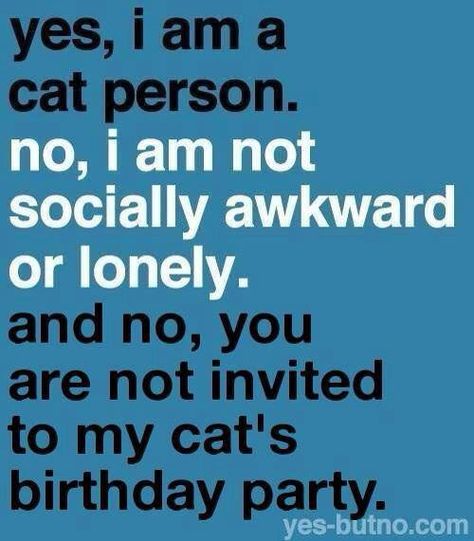 You need to divide your attention between the person who is currently speaking and the rest of the group.
You need to divide your attention between the person who is currently speaking and the rest of the group.
If you find conversations with groups difficult, it can be helpful to watch conversations without pressuring yourself to speak. You can try to predict who is going to speak next and how quickly they will do so. Once you can notice the conversational patterns, you can challenge yourself to join in.
Do you feel inhibited from sharing your thoughts with a group?
Do you often start speaking at the same time as others?
Are you not able to find space in the conversation to say things that you have thought of?
Show references +
References
- Gilovich, T., & Savitsky, K. (1999). The Spotlight Effect and the Illusion of Transparency: Egocentric Assessments of How We Are Seen by Others. Current Directions in Psychological Science, 8(6), 165-168.
- Cognitive Behavioral Therapy. Retrieved September 2020 from Psychology Today.

- Neuman, F. (2013). Caring What Other People Think. Retrieved September 2020 from Psychology Today.
- Wegner, D., Schneider, D., Carter, S., & White, T. (1987). Paradoxical Effects of Thought Suppression. Journal of Personality and Social Psychology, 53(1), 5-13.
- Dannahy, L., & Stopa, L. (2007). Post-event processing in social anxiety. Behaviour Research and Therapy, 45(6), 1207-1219.
- Fiedler, K., Armbruster, T., Nickel, S., Walther, E., & Asbeck, J. (1996). Constructive Biases in Social Judgment: Experiments on the Self-Verification of Question Contents. Journal of Personality and Social Psychology, 71(5), 861-873.
- Strain K. (2020). How Much of Communication is Really Nonverbal? Retrieved on September 2020 from pgi.com.
- Long, A., Pinel, E., & Yawger, G. (2017). When shared group membership signifies shared subjective experience: I-sharing and the minimal group paradigm. The Journal of Social Psychology, 157(4), 389-406.
Free training: Be confident around anyone
Join our free training and learn:
- How to be more confident around anyone.
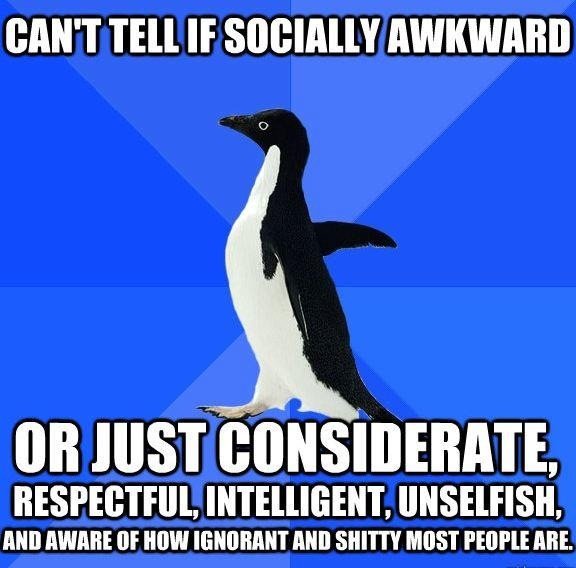
- How to stop feeling self-conscious using the "OFC-method".
- Why you don't need out-of-your-comfort-zone exercises to be confident.
- Why some are so confident despite not having the looks, money, or a "cool job".
Start my free training
Natalie Watkins writes about socializing for SocialSelf. She holds a B.A. in Experimental Psychology from the University of Oxford, an M.S.c. in Cognitive and Clinical Neuroscience from the University of London, and is currently in her final year of an MSc in Integrative Counselling at the University of Northampton.
Advertisements
Advertisements
Are You Socially Awkward? Take Our Quiz To See
Advertisement
Hold tight!
Working our magic...
Get your results & other quizzes sent to your inbox!
Please, be patient, your results are being generated!
Hold tight!
Working our magic.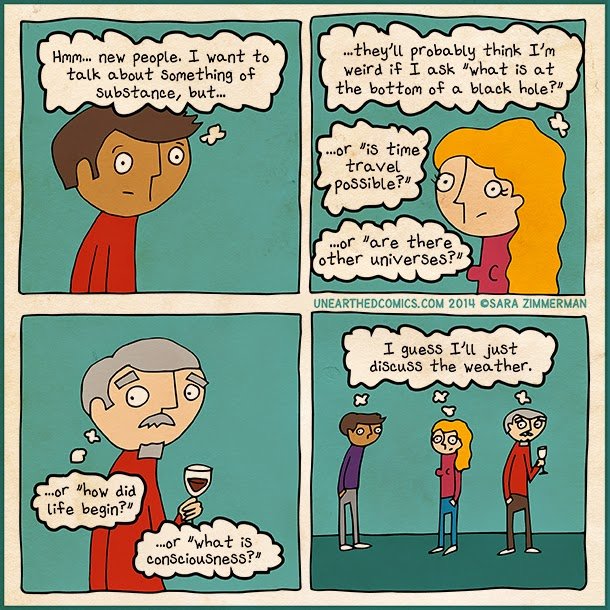 ..
..
Save all future quiz results by signing in!
(you won’t lose your spot!)
Please, be patient, your results are being generated!
Have you ever been in a situation where you are in a group of friends and make a joke but no one seems to laugh? Or maybe the idea of giving a speech in front of your co-workers never turns out the way that you imagine it would. Being social can be very intimidating for people. Everyone wants to be Show More
Have you ever been in a situation where you are in a group of friends and make a joke but no one seems to laugh? Or maybe the idea of giving a speech in front of your co-workers never turns out the way that you imagine it would. Being social can be very intimidating for people. Everyone wants to be accepted and feel accepted as a part of the group, but being able to walk into a room of strangers and feel confident and start up a conversation is not a skill that everyone owns. A lot of it has to do with if you are an introvert or an extrovert. When you see someone fumbling around in a group and not knowing quite what to say it can be uncomfortable and cringe inducing. But how do you know if you are socially awkward or not?
When you see someone fumbling around in a group and not knowing quite what to say it can be uncomfortable and cringe inducing. But how do you know if you are socially awkward or not?
Let us take you through these various social scenarios and give us honest answers of how you would react. The Quizzard will then magically analyze all your answers and give you an accurate reading if you are shy, confident, misunderstood, or just all around socially awkward.
Once you know the answer from this quiz, then you can take the appropriate steps to make yourself less socially awkward. But only if you want to! Being socially awkward isn’t necessarily a bad thing. But it could cause you undue stress in certain situations, or if people are starting to treat you differently for who you are. If the world was a better place, everyone would be treated kindly and celebrated for being exactly who they are.
Show Less
NEXT QUESTION BELOW
1
Getty
You are on the subway and a person you “kind of know” sits directly beside you? How do you react?
Ready? Scroll down to answer
- Immediately put in headphones and avoid conversation.

- Stay as still as possible and hope they don’t notice you.
- Say hi and ask how they are doing?
- Sprint it off the subway.
2
You are going for a run and you see someone you know from Instagram but not real life. What do you do?
Ready? Scroll down to answer
- Hurry up and think of something witty to say
- Pivot and bee line in the opposite direction.
- Pull your sunglasses out and put them on quick!
- Say hi but keep running by.
3
A friend of a friend slides into your DM’s and asks if you want to meet up to hang out. What’s your initial thought?
Ready? Scroll down to answer
- Pretending like I never saw it.
- Try and keep the messging light and avoid an actual meet up.
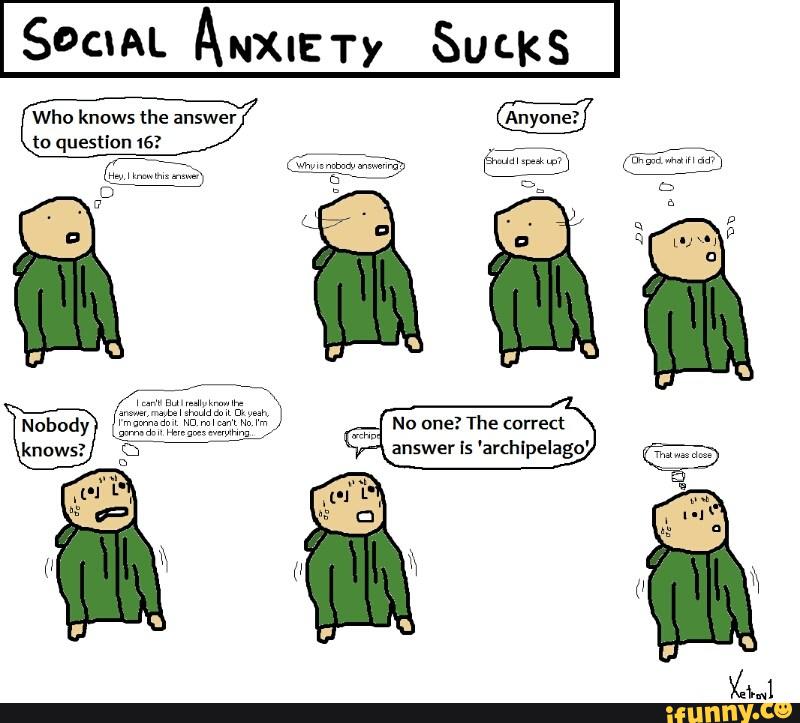
- The person seems fun. What’s the harm in meeting up?
- Time for a new bestie!! Invite them over for a hang ASAP.
4
You are out for dinner and order a medium rare steak but it comes out very well done. How do you react?
Ready? Scroll down to answer
- Make a huge scene and get your money back.
- Mention that it is not done to your liking and request another.
- Eat it anyways. It’s your birthday and you don’t want to have to wait for a new one.
- Don’t say anything. You don’t want to upset the chef.
5
Getty
What’s your ideal working situation?
Ready? Scroll down to answer
- On a small team
- Working from home.
- Working for a large company.
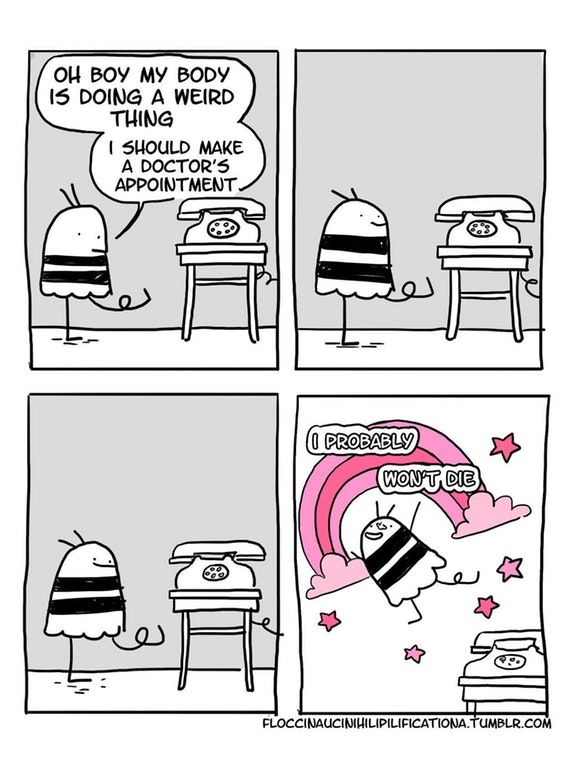
- Working with the public.
6
Getty
Would you be embarrassed if someone found out you were taking this quiz?
Ready? Scroll down to answer
- Yes
- No
7
When you hear the phone ring what do you do?
Ready? Scroll down to answer
- Let it ring. If it’s important they will leave a message.
- Pick it up! It could be something important.
- Only pick it up if it’s a number you recognized.
- I never hear my phone ring. No one ever calls me.
8
Your friend wants you to give a speech at their wedding. How do you feel about this?
Ready? Scroll down to answer
- Honored to do it! I actually already started a speech just in case I was asked.

- I hope she changes her mind.
- I don’t want to. But I will.
- I can’t. I will literally throw up.
9
Shutterstock
On a first date with someone you met from a dating app, what would you talk about?
Ready? Scroll down to answer
- I would share embarrassing stories.
- I would let them know about my passions.
- Depends on how I feel about the date after I meet them.
- Hopefully we go to a movie so we don’t have to talk.
10
GettyImages.com
It’s your birthday and your friends are planning a big party. What do you hope it is?
Ready? Scroll down to answer
- A quiet dinner
- A big party with all my friends
- Surprise me
- Nothing.
 I hate birthdays.
I hate birthdays.
11
How do you prefer to talk to people?
Ready? Scroll down to answer
- Face to face
- On the phone
- Texting or email
- Not at all.
12
Getty
In gym class it’s time to pick teams…are you?
Ready? Scroll down to answer
- The one who does the picking.
- Picked somewhere in the middle.
- Picked last.
- I hopefully skipped class that day.
13
Getty
You decide to take a night time computer course to brush up on your skills. Where do you sit in the class?
Ready? Scroll down to answer
- As close to the front as possible.
- At the side, preferably with nobody around me.
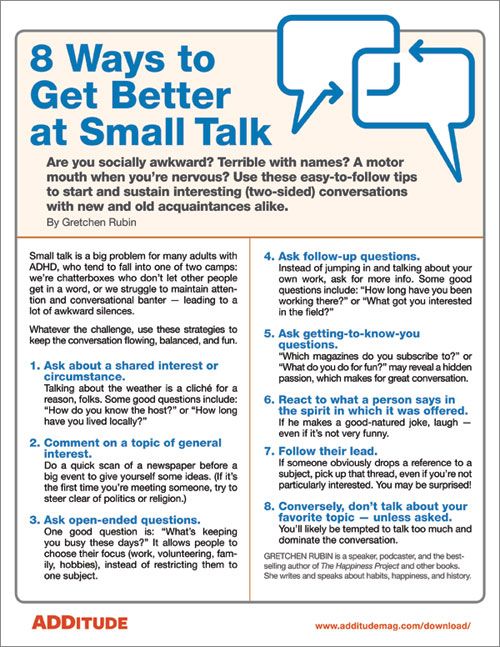
- By whoever looks nice.
- At the back for an easy escape.
14
Getty
Do you ever have to explain jokes that you make?
Ready? Scroll down to answer
- Yes
- No
- Depends who I am with
- Depends on what time of day it is.
15
Getty
Do you know your neighbors?
Ready? Scroll down to answer
- I wave if I see them but keep walking.
- I listen for them to make sure we don’t cross paths.
- We visit and chat sometimes.
- I invite them over for dinner.
16
You go to your best friends wedding but they sit you at a table with all strangers. What’s your reaction?
Ready? Scroll down to answer
- I leave.
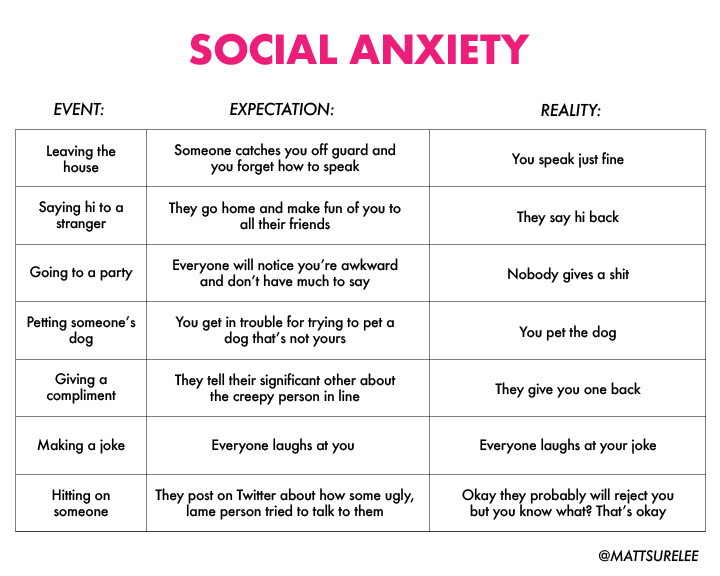 How rude!!
How rude!! - I’m excited to meet new people.
- Will sit for dinner but then get up and move as soon as I can.
- Sit with them and be quiet.
17
How many friends do you have?
Ready? Scroll down to answer
- Just a couple.
- Less than 10.
- One. That’s all I need
- Too many to count
18
Your friends love going out dancing and socializing. Do you?
Ready? Scroll down to answer
- Love it just as much as them!
- I stay out later than any of them.
- Go out sometimes but not as much.
- I see them on the nights they don’t go out.
19
Getty
What’s your ideal night?
Ready? Scroll down to answer
- Going out dancing
- Going to see my favorite band
- A drink at a quiet bar
- Staying at home.
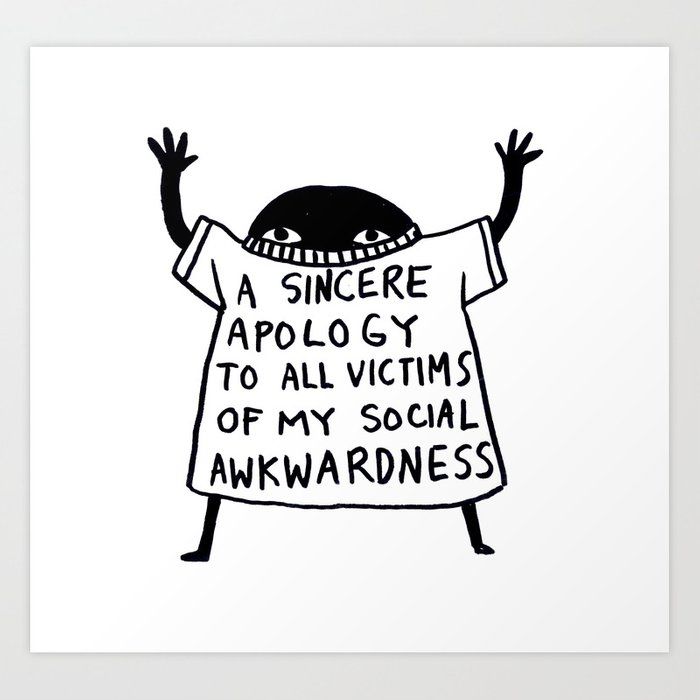
20
Getty
You need to save some money and want to cut down on transportation to work costs? What do you choose?
Ready? Scroll down to answer
- Carpool with whoever is free.
- Take the bus
- Walk to work
- Catch a ride with a friend
Ready for another quiz?
Advertisement
Advertisement
You have subscribed successfully
Social Phobia Test | Psymed
The social phobia test is based on the diagnostic criteria of the Diagnostic and Statistical Manual of Mental Disorders.
SOCIAL PHOBIAS TEST
Instructions: Answering the questions below, please mark the answers that best correspond to your condition for last month .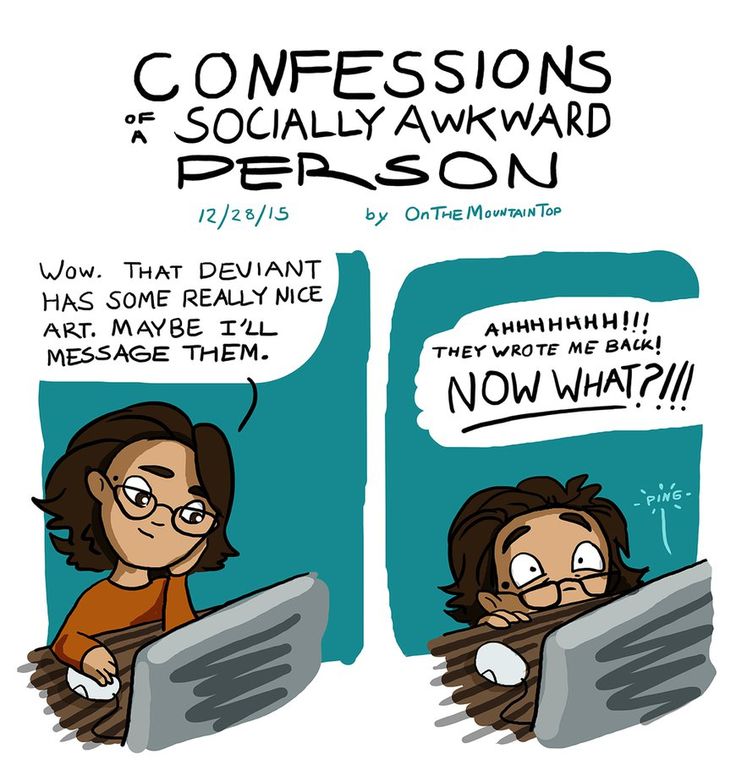 The terms social event and social situation refers to the circumstances in which you are with other people (going to a party or restaurant, work, etc.)
The terms social event and social situation refers to the circumstances in which you are with other people (going to a party or restaurant, work, etc.)
Man Woman Age:
1. Are you afraid that you will do or say something that will embarrass you in the eyes of others?
-
NEVER
-
RARE
-
SOMETIMES
-
FREQUENTLY
-
VERY OFTEN
2. Are you worried about making any mistake in front of others?
-
NEVER
-
RARE
-
SOMETIMES
-
FREQUENTLY
-
VERY OFTEN
3. Do you have the feeling that others evaluate you by watching your actions?
-
NEVER
-
RARE
-
SOMETIMES
-
FREQUENTLY
-
VERY OFTEN
4.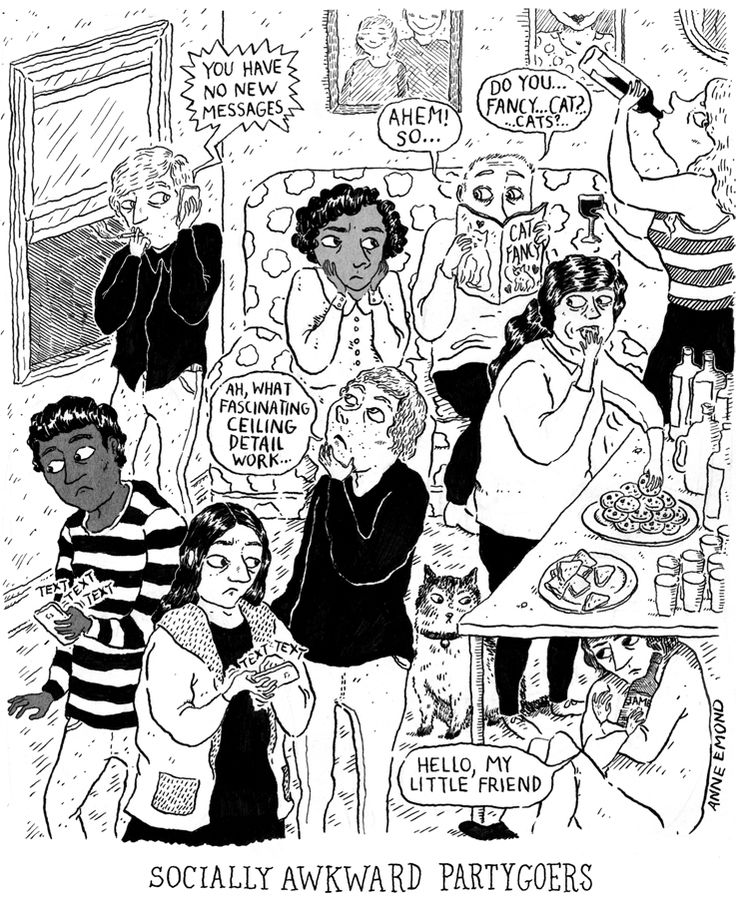 Does it happen that the fear of embarrassment makes you not do what you want?
Does it happen that the fear of embarrassment makes you not do what you want?
-
NEVER
-
RARE
-
SOMETIMES
-
FREQUENTLY
-
VERY OFTEN
5. Does the fear of embarrassment keep you from starting a conversation with others?
-
NEVER
-
RARE
-
SOMETIMES
-
FREQUENTLY
-
VERY OFTEN
Please, provide answers to all given questions.
/14 13
psymed.info© Psymed.info All rights reserved It is forbidden to copy, reproduce, distribute or otherwise use any materials posted on this site without the prior written consent of the copyright owner.
This self-assessment test determines the likelihood of having a social phobia. This test is only a tool for a preliminary assessment of the condition and does not determine the exact diagnosis.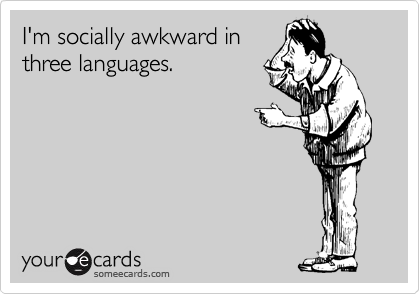 If your test results indicate that you may be suffering from social phobia, please see a specialist for a diagnosis.
If your test results indicate that you may be suffering from social phobia, please see a specialist for a diagnosis.
Quiz: What is your social phobia?
Onedio favorites > Quizzes-violetta_violi Onedio user
Examples of social phobia include fear of public speaking and action, fear of using public toilets or transport, fear of eating or writing anything on public, fear of engaging in conversations with other people. Seemingly ordinary things for most people become a nightmare for people suffering from social phobia...
Warning: This test is not scientific.
1. Your manager has won an award but will be abroad at the time of the award.
 That's why he asked you to go there instead of him. How will you react?
That's why he asked you to go there instead of him. How will you react? 2. Imagine that you are late for a class, and also enter the office with a noise that clearly attracts the attention of the entire audience. And suddenly you discover that you have confused the office, and now 100 pairs of unfamiliar eyes are looking at you. How will you feel?
3. You bought an expensive item, but soon noticed that the quality leaves much to be desired. So you decided to return the item to the store. How stressful is this situation for you?
Very. It annoys me that I have to explain my problem to strangers.
"And if they don't want to take the thing back?" This question will worry me very much on the way to the store.
Not much. The client is always right.
A little. It all depends on the reaction of the store employees.
The only thing that annoys me is that I'm wasting my time and energy.
Very. So much so that I will ask my friend to go to solve the situation for me.

4. Imagine that in the waiting room someone raises a conversation about an important topic for you, and his opinion completely contradicts yours. His statements are rather harsh, and the arguments have no basis. How will you behave?
5. Think carefully before answering. Do you make eye contact when talking to a stranger?
6. How do you behave when talking on the phone in front of other people?
If there are a lot of people, then I go to another place, referring to the noise.
I answer briefly and try to end the conversation quickly.
If the conversation is not too personal, then I continue to talk as if nothing had happened.
I can't stand in one place when I'm talking, even if no one is around.
I'm going to another place before answering the phone.
7. Some people cannot use the restroom outside the home. Are you one of them?
8. Last question, and we won't torture you anymore ;) Look carefully at the picture and mark the one who seems closest to you
A girl who seems to have been brought there by force.
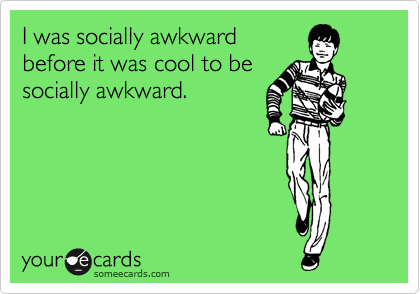
This bored man.
One of the dancing couples.
A woman who looks around with curiosity.
A girl who is not exactly happy to be there.
A child that no one notices.
You are afraid of being the center of attention
nilgunkostem.comYour biggest fear is to attract the attention of others! While most people go out of their way to become "rich and famous", you prefer to stay in the background. For this reason, you dress discreetly, speak quietly, and avoid public speaking and participation in competitions in every possible way. At social events, you can be found in the corner, carefully observing what is happening around. In fact, you need to remember that you are not the center of the Universe. Alas, people in most cases are busy thinking about their problems.
You are afraid of being watched
img00.deviantart.net It's hard to describe how uncomfortable it is to eat, write or read in public places, ride the bus, and even go out! It seems to you that people nearby are trying to invade your personal space. All this means that it is difficult for you to lead an active life. You need to understand that everyone sees the world from their own belfry. Try to put yourself in other people's shoes and think about what drives them, besides your person.
All this means that it is difficult for you to lead an active life. You need to understand that everyone sees the world from their own belfry. Try to put yourself in other people's shoes and think about what drives them, besides your person.
You are afraid of conflict
www.theplaidzebra.comMost of all you hate to argue and avoid conflict situations in every possible way. On the one hand, this suggests that you are a peaceful person and do not want to offend other people's feelings. But there is another side. Your silence can be taken as weakness and the situation will be repeated again and again. Of course, you should not meet with hostility every action of others. But in some cases it's worth thinking about a real conversation and starting to plan how to handle a real confrontation.
You are afraid of meeting people
www.theplaidzebra.com You are obviously afraid of meeting new people. Once in a new company, you feel like you need to talk about yourself, which is a real test for you.

